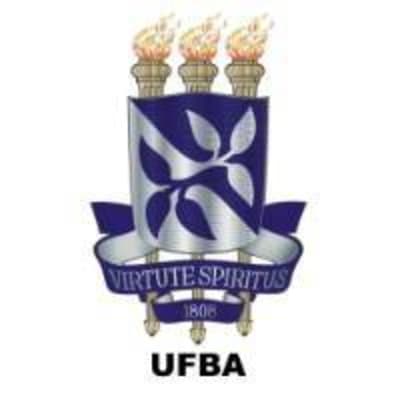
Federal University Of Bahia

Introduction
The Federal University of Bahia began on February 18, 1808, when Prince Regent Dom João VI instituted the School of Surgery of Bahia, the first university course in Brazil. Still, in the 19th century, it incorporated courses in Pharmacy (1832) and Dentistry (1864), the Academy of Fine Arts (1877), Law (1891), and Polytechnic (1896). In the 20th century, Isaías Alves created the Faculty of Philosophy, Sciences, and Letters (1941).
The founder of UFBA- The first rector of the University was highlighted in the trajectory of higher education. Born in Salvador, in 1894, graduated in medicine and specialized in surgery in São Paulo. Upon returning, he joined the chair of Pathology and Surgery and headed the Faculty of Medicine. During 15 years as rector (1946-1961), he led the process of federalization and implemented the physical and personnel infrastructure, writing the first chapter of an integrated university: Arts, Letters, Humanities and Sciences. In the first year of the rectorate, the University of Bahia was formally constituted. In 1950, he became the Federal University of Bahia, integrating isolated schools and instituting other courses. In fifteen years under the leadership of Edgard Santos, UFBA flourished in the areas of arts, humanities, and health.
To the Bahia, Edgard Santos brought names from the international scene; built the University Hospital; created the Center for Afro-Oriental Studies and the Canela, Federação, and Ondina campuses. In its rectory, Bahia gained prominence, with emphasis on Dance, Music, and Theater, the first university courses of its kind in the country. In the 1960s, UFBA founds two important phenomena of contemporary culture: Cinema Novo and Tropicalismo. The Institution grew, modernized, maintaining the identity of the Edgard Santos period.
Locations
- Ondina, Salvador
Avenida Adhemar de Barros,s/nº, 40170-110, Ondina, Salvador